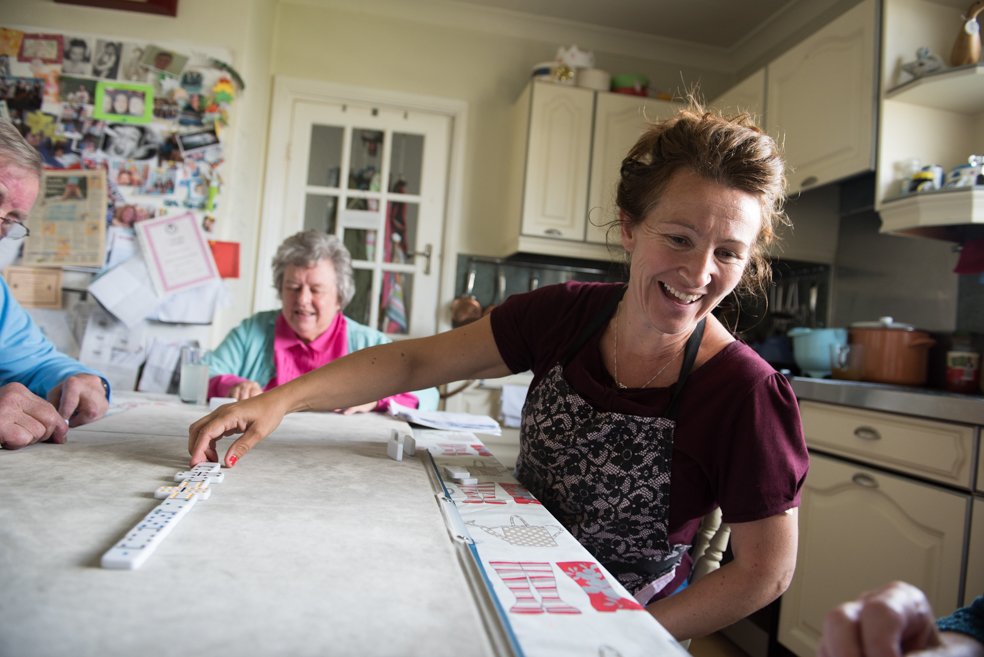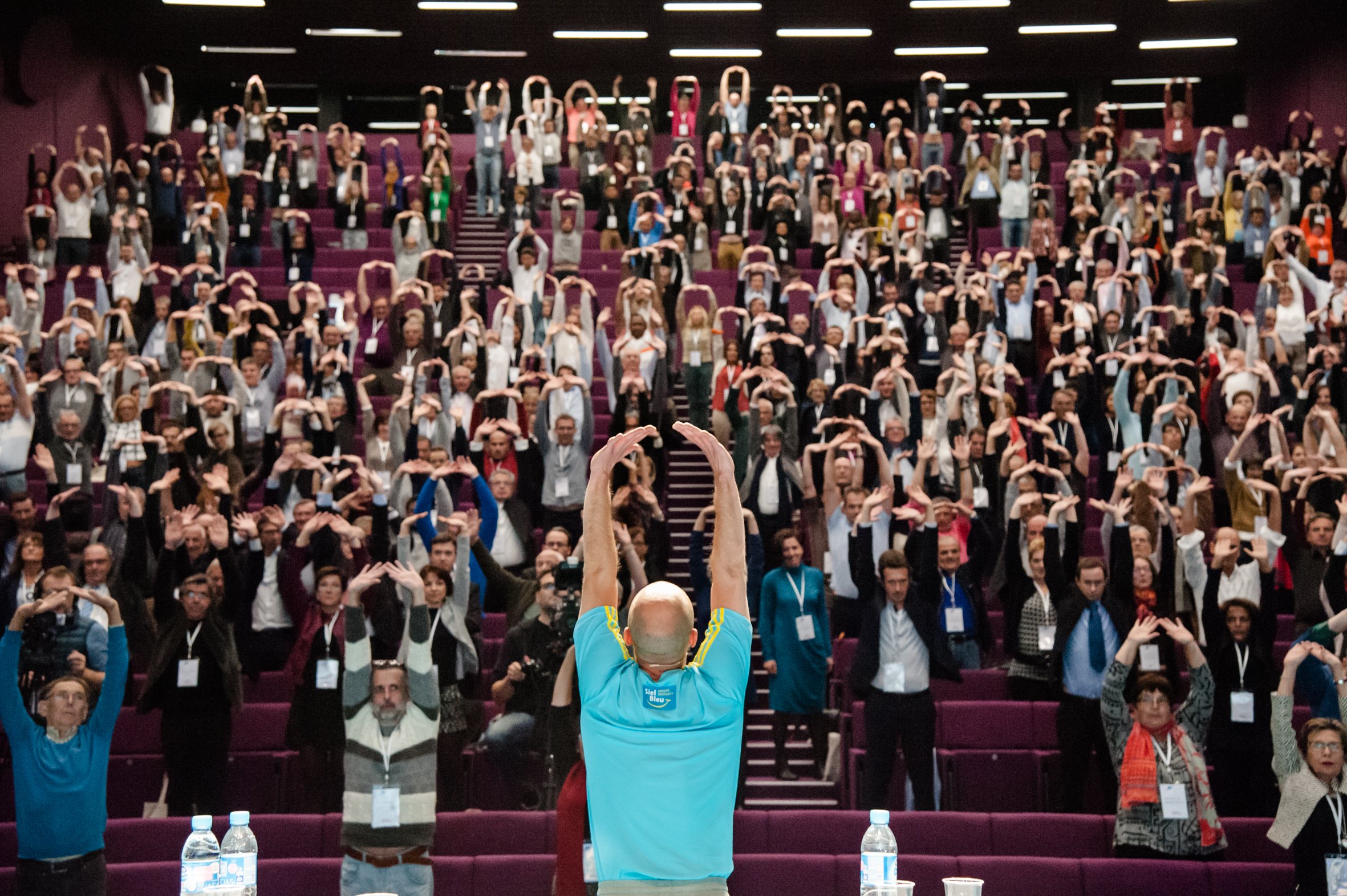What we do
The Fit for Life Foundation supports healthy aging and independent mobility of older people in rapidly aging societies worldwide.
Through our annual Fit for Life Awards program, we provide financial support and international visibility to a broad range of innovative, impactful projects with a focus on middle age (40+) and old age (65+).
We work closely with other like-minded foundations, associations and institutions to scale up the scope and impact of our grants and build global awareness of the importance of physical activity for a healthy old age.
Why we care
The world is growing older and less physically active.
By 2050, 22% of the global population will be over 60 years old. And 1 in 10 people worldwide will be over 85! This rapid demographic shift, often occurring over one generation, presents challenges for both developed and developing economies.
Rapid aging has serious social and economic consequences. An increasing share of government spending will go to funding pensions and health care for the elderly, even as the working-age population is shrinking.
Sedentary lifestyles are a leading factor of poor health, in particular non-communicable diseases (NCDs) such as diabetes and heart disease. Yet more than 80% of American adults and 50% of Europeans of all ages do not meet current health recommendations for physical activity.
Jack Lowe – Champion of the Fit for Life philosophy
“Getting fit and staying physically active is one of the best investments you can make for a long and happy life.”
What we believe
Healthy aging has intrinsic value.
Older people who are in good physical health express greater life satisfaction and are able to maintain close relationships with family and friends, a key factor for mental health.
Healthy aging is good for communities.
Maintaining good health and mobility enables older people to engage in the life of their community, filling many essential social roles and contributing to the well-being of people of all ages.
Healthy aging has economic worth.
Many older people continue to provide paid or unpaid work far beyond retirement age, while also contributing to the economy as consumers and tax-payers.
Healthy aging benefits governments.
Reduced need for old-age care frees up resources for essential public services that contribute to the long-term well-being of all individuals and families.





